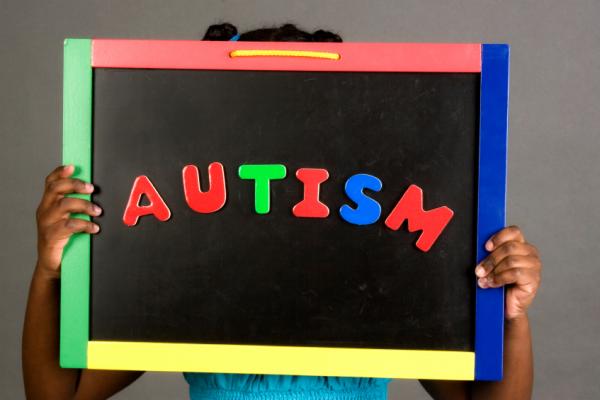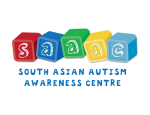The Price of Autism
By The South Asian Autism Awareness Centre
When Shobini was told that her three-old -on had autism, she recalls the moment as being completely overwhelming, largely because of the daunting questions she began to ask herself: Can this ever be cured? Where do I find treatments? Can my family handle this?
As the news began to settle and Shobini started taking the necessary steps to find treatments for her son, she was faced with a profound question all parents raising children with autism inevitably face: How do I pay for all of this? Autism – a disorder that affects brain development, poses severe problems to social interaction, communication, and behaviour – comes with a big price tag for families.
In Canada, costs associated with autism treatment could reach up to $60,000 per year. In 2006, a study from the Harvard School of Public Health found that for those who had an extreme case of autism, the cost associated with treatments added up to $72,000 in the United States. The study also noted that the cost of taking care of an individual with autism over his/her lifetime can tally up to $3.2 million.

Currently in Canada, all provinces provide some funding for autism services, mostly notably for specialized behavioral therapy called applied-behavior analysis (ABA), which help improve socially significant behaviours.
Studies have shown in order for any meaningful behavioural change to take place in a child with autism, 30-40 hours/week of ABA must be provided – a cost of nearly $40,000 a year. In addition, families have to employ different therapists and therapies such as speech-language and occupational therapy to further support their child. There are medication expenses, teaching material, respite care – caretakers qualified to watch children with autism — and the list goes on.
For most families these mounting expenses are impossible to meet.
The tragic reality is due to cost families are simply not accessing treatments that can significantly help their children. Evidence shows that children with autism who get early intensive intervention through a variety of therapies show significant improvement in their communication, behaviour and social interaction skills.
“The hardest part is knowing that there are treatments out there that can help my child, but I can’t afford to give him all that he needs.” says Shobini.
There are movements in both Canada and the United States to revolutionize how autism is publicly and privately funded. In Canada, advocacy groups are looking for a national program that would ensure equitable access to therapy by individuals with autism. In the US, there have been gains made in the insurance sectors, where families have fought and won to have insurance companies cover certain autism treatments.

Yet, what is still overwhelmingly clear is that taking care of a person with autism is financially difficult for families. The high cost of treatment paired with little public funding is straining families and inhibiting children from truly fulfilling their potential.
“We all want our kids to be great,” says Shobini. “I want to give all the opportunities available to my son, so he could become as great as he wants to be. It just saddens me that most of these opportunities are beyond my grasp.”
Special Note:
Autism treatments are expensive, but there are supports out in the community that can help pay for certain services.
If you are a parent caring for a child with a severe disability, please visit the Assistance for Children with Severe Disabilities website for possible financial assistance.
For possible funding for respite care, take a look at Special Services at Home (SSAH)
Autism Ontario provides a great resource of government and private funding that families may be eligible for:
The South Asian Autism Awareness Centre (SAAAC) is a registered charity that grew in response to the culture of shame, stigma, and silence associated with autism in the South Asian community. Founded in 2008, we quickly evolved to cater to diverse communities and families across the Greater Toronto Area (GTA), providing accessible, cost-effective and discipline-rich management of Autism Spectrum Disorders (ASD) among children and youth. SAAAC aims to develop a vibrant, open, and inclusive community composed of families, caregivers, and community members who are well equipped to handle the challenges presented by autism
©masalamommas and masalamommas.com, 2016-2017. Unauthorized use and/or duplication of this material without express and written permission from this site’s author and/or owner is strictly prohibited. Links may be used, provided that full and clear credit is given to masalamommas.com and Masalamommas online magazine with appropriate and specific direction to the original content.




There are no comments
Add yours